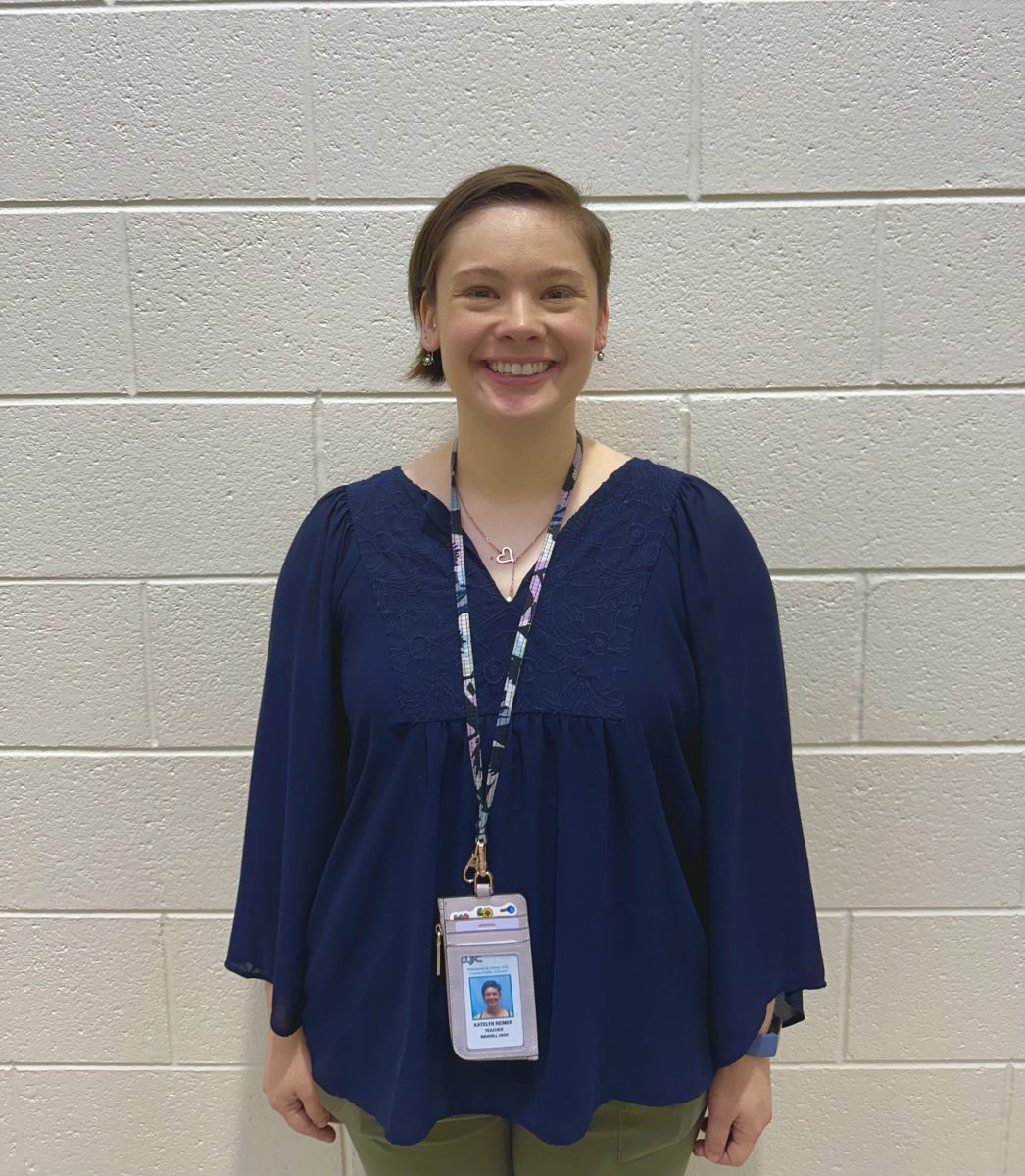In the beginning of the year den meetings, administration informed students of a new, district-wide policy made to address several attendance concerns. Since these meetings, many have voiced their mixed emotions about the issue. The Warhill student handbook for the 2023-24 school year explains the difference between excused and unexcused absences and the newly enacted punishment for absenteeism. Excused absences are reasons including, but not limited to, illness, quarantine, natural disaster, medical, dental, legal appointments, religious observances, death in the immediate family and school sponsored events. Unexcused absences are defined as “an absence that keeps a student away from school AND is not excused by reasons above.”
Reasons for these absences may include, but are not limited to, truancy (the student is absent and the school has not received notification from the parent that they are aware and support the absence), class skips/cuts (defined as missing ten or more minutes of class time), vacation or personal travel (including travel sports), missing the bus or lack of childcare.
These guidelines are similar to past years; however, the consequences and restrictions for absenteeism are new. These consequences are listed as, “any student who exceeds the annual threshold for chronic absenteeism may be denied course credit. Students with nine absences or greater in any course within a given semester will receive a failing grade (59) for that semester or the actual class grade, whichever is lower.”
Mrs. Bell Hill has been Warhill’s graduation coach for almost six years. This means that managing students’ attendance is important to her. As mentioned in the den meetings, it is a huge concern to keep accreditation. The previous year’s attendance statistics have harmed this. The “magic number” is that less than 15% of the student body miss 18 days, or ten percent of the school year. This is where the limit to nine-9 days per semester comes from.
However, accreditation is not the only thing that matters to Mrs. Bell Hill. She adds that the shift in regulation is “more out of concern than consequence.” It is clear to her that students cannot receive adequate instruction or build meaningful connections with teachers when they are chronically absent.
Building connections with teachers is important not only so students can get valuable lessons for real life but also so teachers can understand how to work with students that do struggle with assignments. This sentiment is shared by Ms. Throckmorton, who has been teaching English at Warhill since the building opened. “It is virtually impossible to build relationships with students when you do not see them,” she adds. As a teacher of English 11, a class with a required SOL, she attests to how crucial attendance is. Both Ms. Throckmorton and Mrs. Bell Hill note that tardies were not accurately accounted for in previous years. This is the reason this policy accounts for individual class absences. Before, there was no way to tell the difference between students coming in at 8:00 AM or 1:00 PM.
Cora Smith, a Senior at Warhill, says she understands the policy, but that administration is “too caviler” about the restrictions. She adds that some students might not understand how many days they are given to miss and that their outrage may be misplaced. Smith adds she is concerned that there are many students who are chronically ill and thinks they should not be revoked their passing grade just because of their necessary absence. A student that shares this viewpoint is another senior, Cedar Willson. “The punishment is not in proportion with the amount of allowed missed days,” Willson added. They propose instead of punishing students who are clearly already struggling at home, the school should offer more home-based learning options. They also share their personal interactions with the policy, noting it has made them come to school even when they did not feel well or had other events to attend.
Willson worries this will be a widespread problem and we will see more cases of COVID-19 pop up after there were many cases in the beginning of the year. Opinions both positive and negative spread beyond Warhill students. Earlier in the year, WTKR reported several WJCC parents were upset with the new policy. Many like Mike Wheeler, a WJCC parent, shared with the news channel they feel the policy is too black and white. “I’d rather see a more case by case analysis then a hard fast rule,” stated Wheeler. Not every parent is outraged, however. Another parent told WTKR she understands the district needs to crack down.




















